Viral Houseplant Problems: Viruses That Affect Houseplants
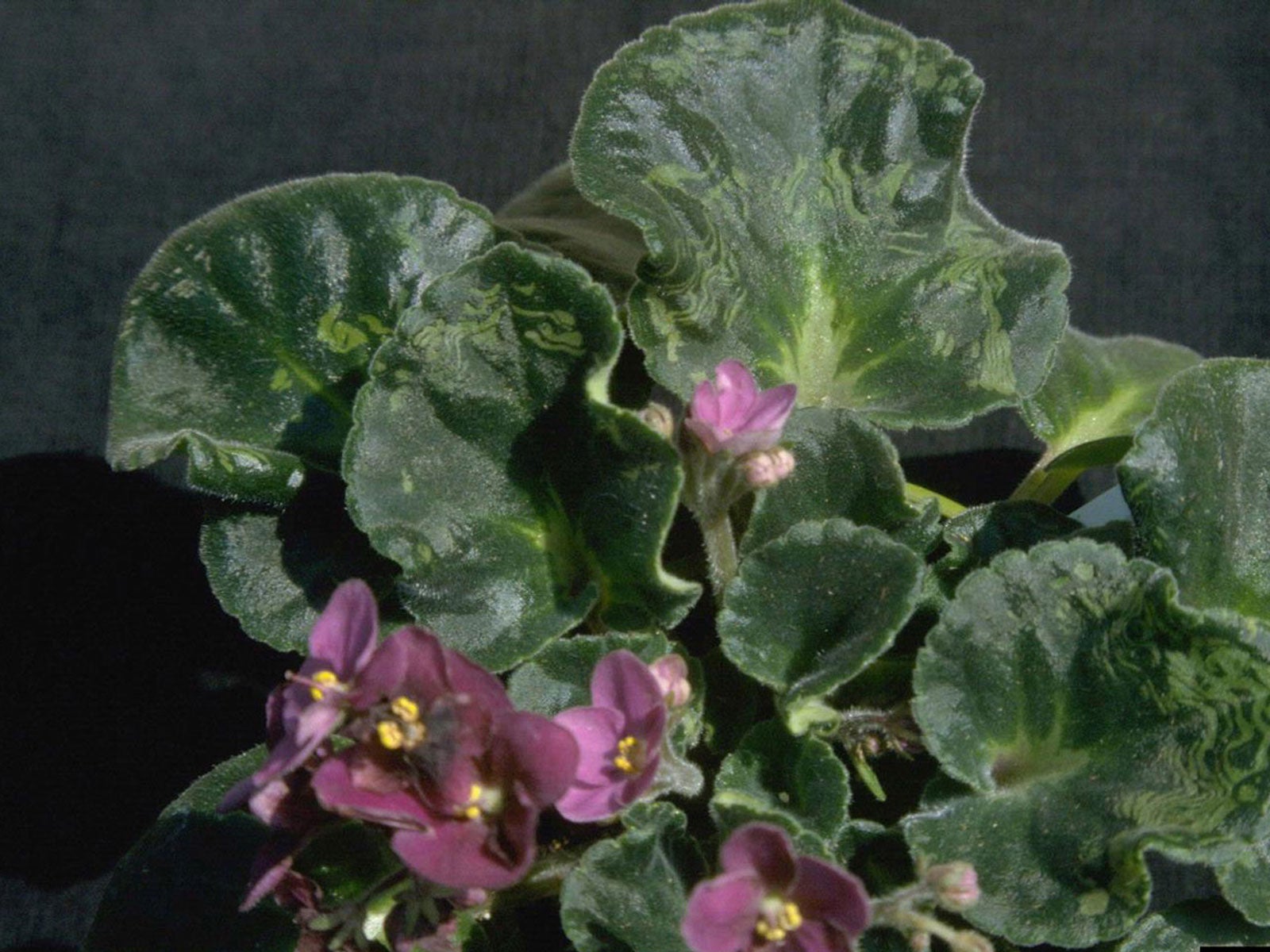
It is important to understand houseplant viruses and deal with them accordingly. There is no cure for viral diseases of houseplants and viruses can easily spread among your plant collection. Being able to recognize symptoms and having good preventative practices are key to stopping viral houseplant problems before they start.
Houseplant Infected with Virus
Houseplant viruses, like any virus, work by infecting the plant’s system, manipulating the plant’s cells, and then spreading to infect more cells.
How do you know if your houseplant has a virus? Some symptoms include necrotic spots on the leaves, stunted growth, yellow rings on the foliage, and even deformed color or form in flowers. Other symptoms include mosaic or mottling patterns in the leaves, distortion of the stems, and wilting.
Typically, most houseplant viruses are named after the plant that they affect, plus having “mosaic” in the name. There are, unfortunately, quite a few viruses that affect houseplants. If you have viral diseases of houseplants, there is regrettably no cure, so you’ll have to destroy your plant. It is best to destroy your plant by burning it if possible.
Preventing Viral Diseases of Houseplants
There are many things that you can do to prevent the spread of houseplant viruses. Remember, you cannot cure a houseplant virus, even with a chemical spray. You must follow these best practices to prevent spread:
- Don’t take cuttings from plants that are showing any potential symptoms of viruses. Only use healthy cuttings whenever you propagate.
- Keep up with pests. Pests, like aphids, are sap-sucking and can spread to nearby plants and infect them too.
- Always keep pots and equipment clean. Wash your pots in hot, soapy water and rinse them off well before reusing. Keep any tools such as scissors or pruners sterilized.
- Always use sterilized and packaged potting compost and never soil from your garden.
- Never dispose of your plant in a compost pile. The virus will likely remain there and spread to other plants when you use the compost.
- Don’t attempt to simply prune off leaves or stems that seem to be affected by a virus and then leave the rest of the plant to grow. Chances are that the entire plant is affected. You should dispose of your plant by burning it.
Gardening tips, videos, info and more delivered right to your inbox!
Sign up for the Gardening Know How newsletter today and receive a free copy of our e-book "How to Grow Delicious Tomatoes".
-
 Get Ready For A Summer Of Hummers! Grow These Full Sun Hummingbird Plants and Flowers
Get Ready For A Summer Of Hummers! Grow These Full Sun Hummingbird Plants and FlowersIf you’re lucky enough to enjoy a sunny backyard, make sure you are maxing out on your pollinator opportunities and grow these full sun hummingbird plants and flowers
By Tonya Barnett
-
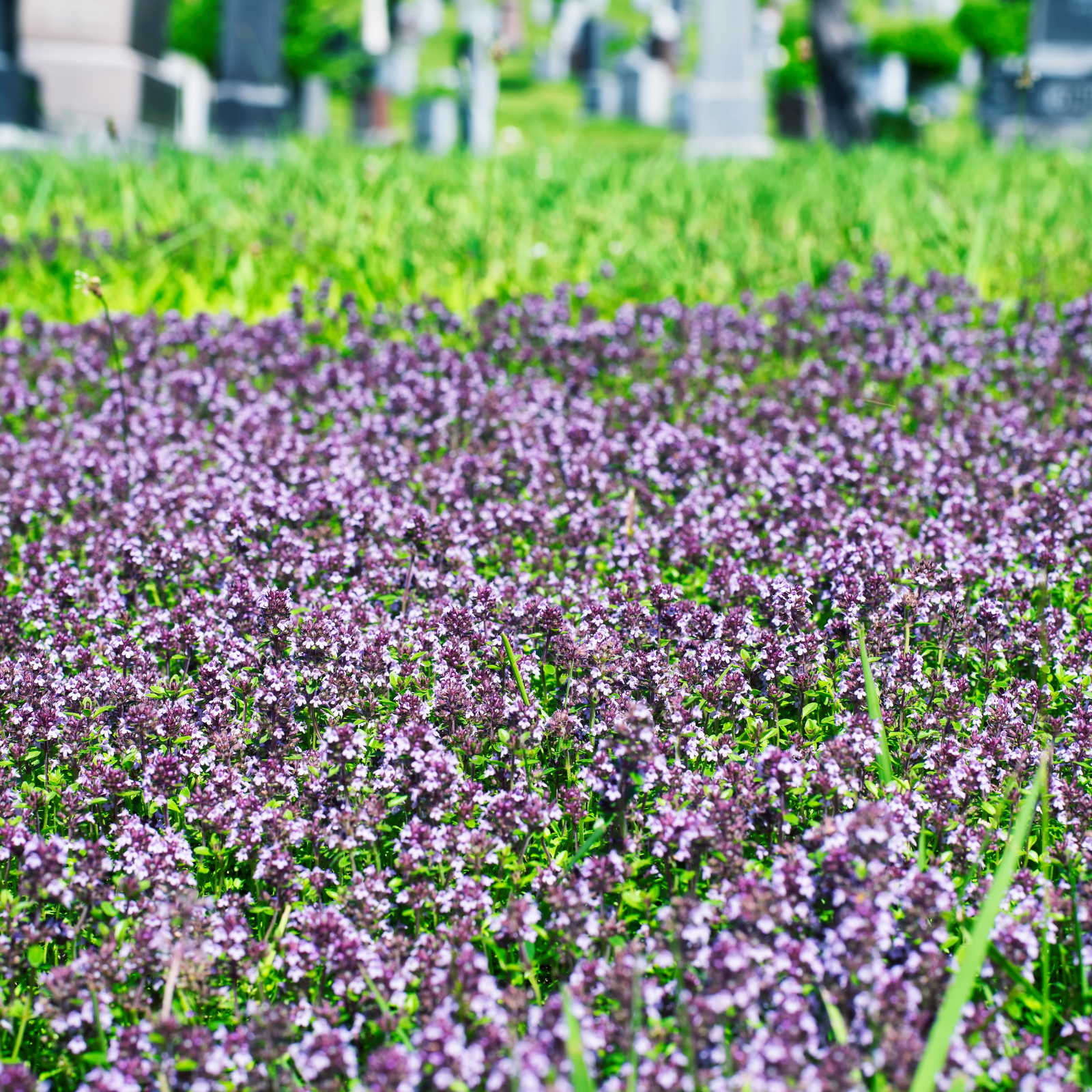 12 Lush Alternatives To A Lawn For Sustainable Spaces
12 Lush Alternatives To A Lawn For Sustainable SpacesAlternatives to a lawn are beautiful and also beneficial to your local ecosystem and its pollinators. Explore our top picks for plants to replace grass.
By Tonya Barnett
-
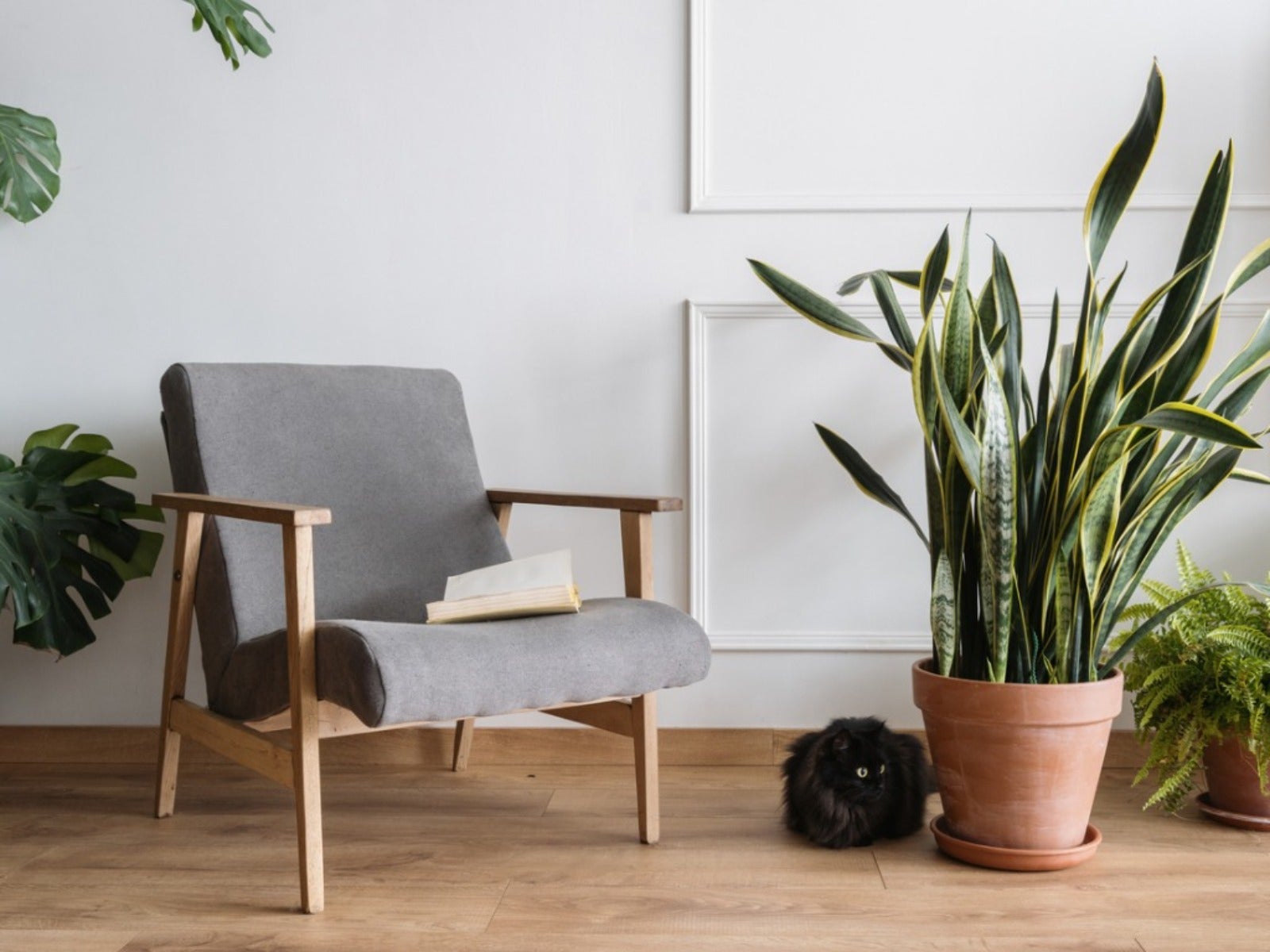 8 Easy Care Houseplants That Live A Long Time
8 Easy Care Houseplants That Live A Long TimeClick here to learn about our 8 favorite low maintenance houseplants that can, with proper care, live a long time.
By Amy Grant
-
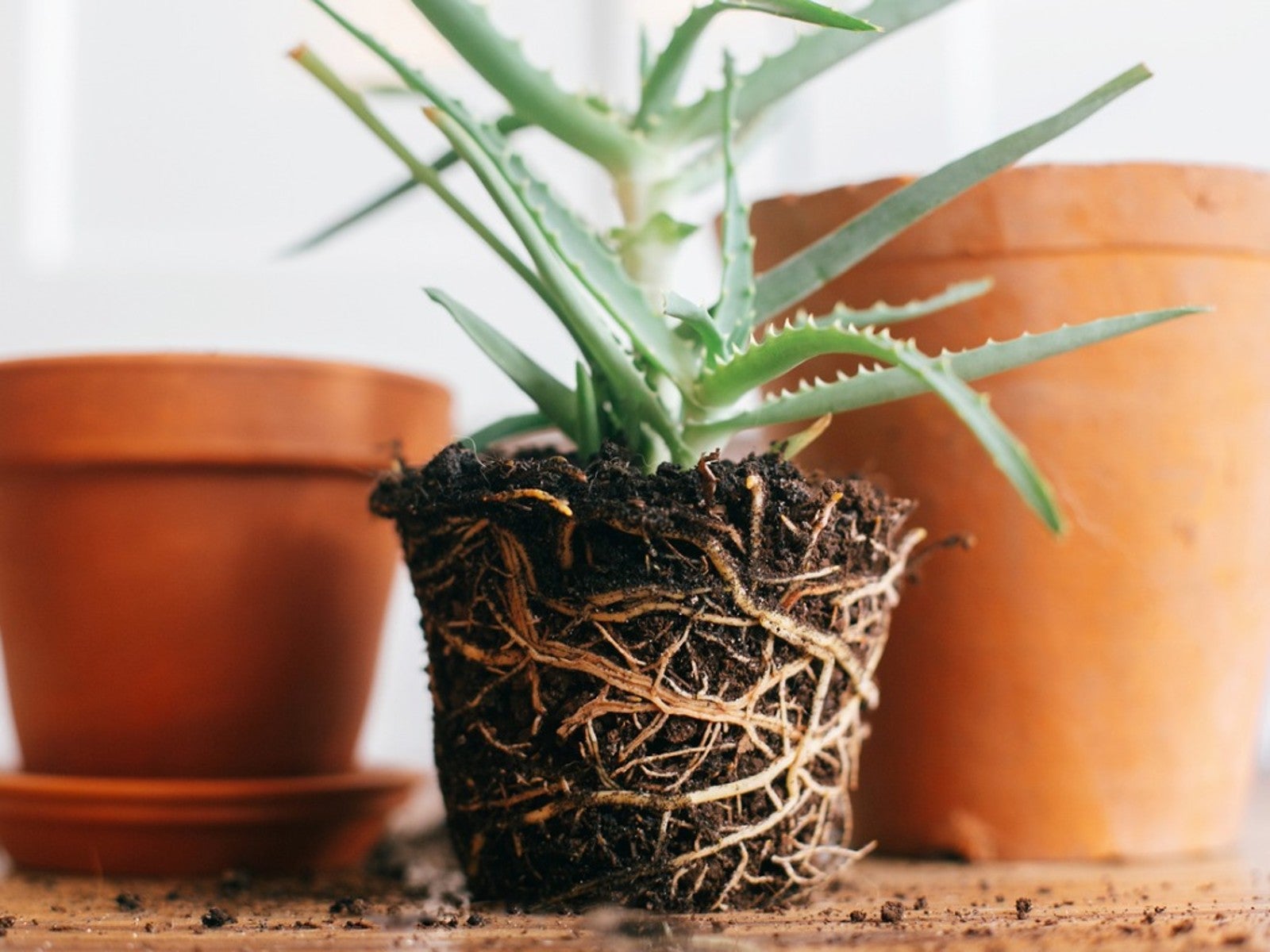 How Often Should You Repot Plants?
How Often Should You Repot Plants?Escaping roots and shrinking leaves may mean your plant wants a new pot, but some like staying cramped and cozy.
By Mary Ellen Ellis
-
 Orange Flowering Houseplant Varieties With Tropical Flair
Orange Flowering Houseplant Varieties With Tropical FlairClick here to learn about some cheerful orange-blooming houseplants you can try growing.
By Mary Ellen Ellis
-
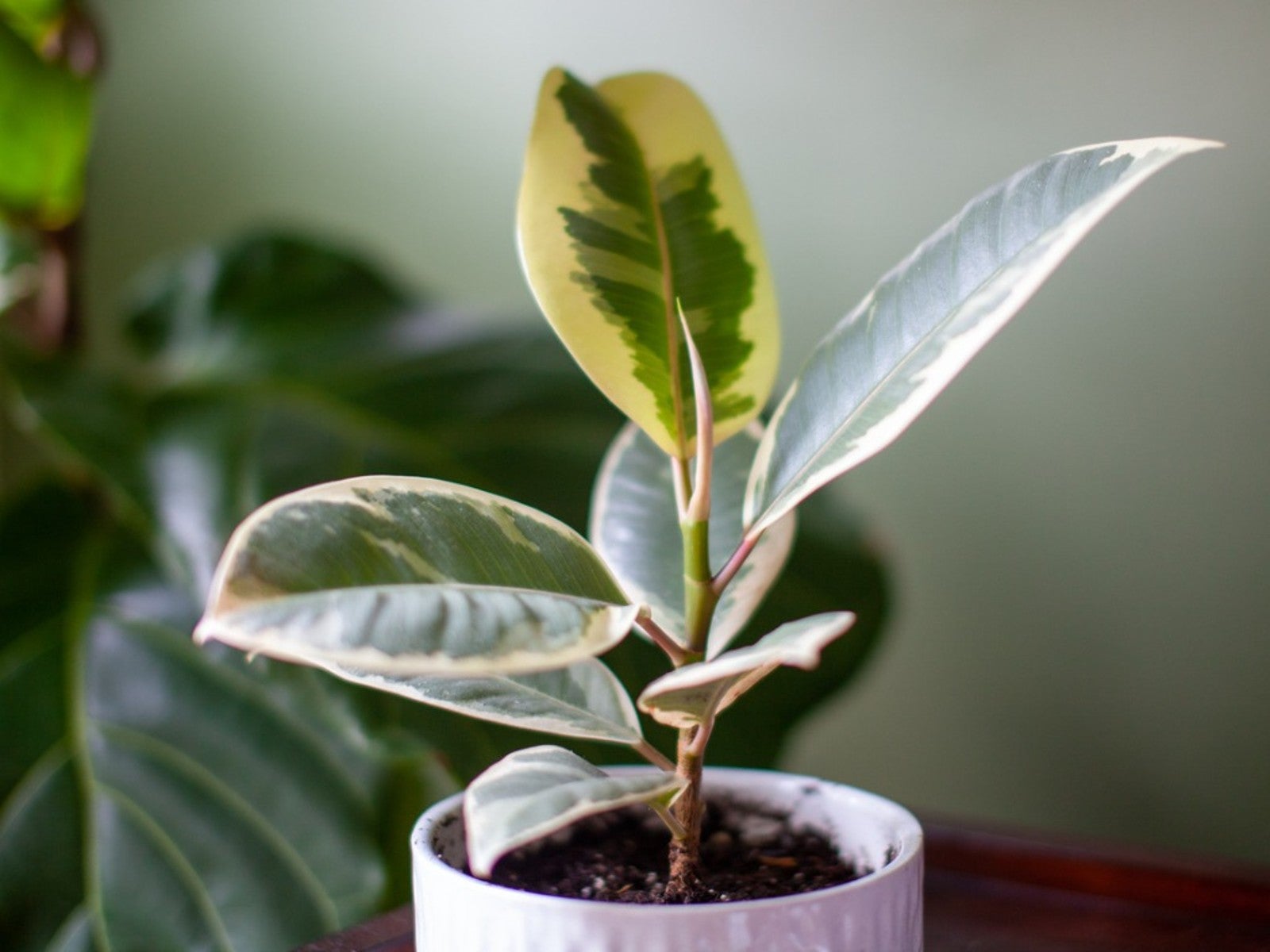 Variegated Houseplants With Lovely Leaves
Variegated Houseplants With Lovely LeavesWhat are some of the best variegated houseplants to add to your collection? Click here to find out.
By Amy Grant
-
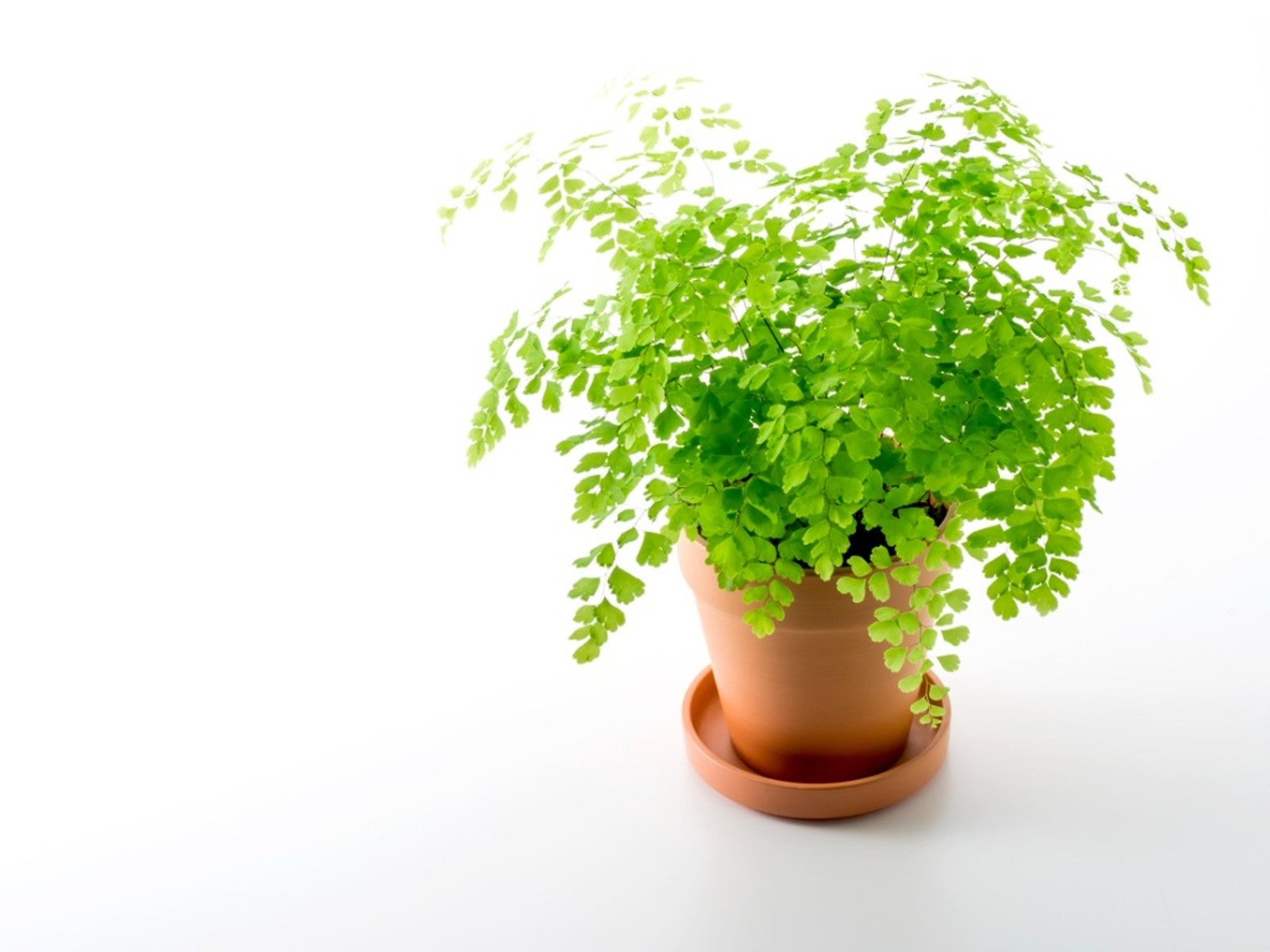 Lovely, Lacy Indoor Foliage Plants
Lovely, Lacy Indoor Foliage PlantsClick here to learn about some houseplants with lacy foliage to add to your collection.
By Mary Ellen Ellis
-
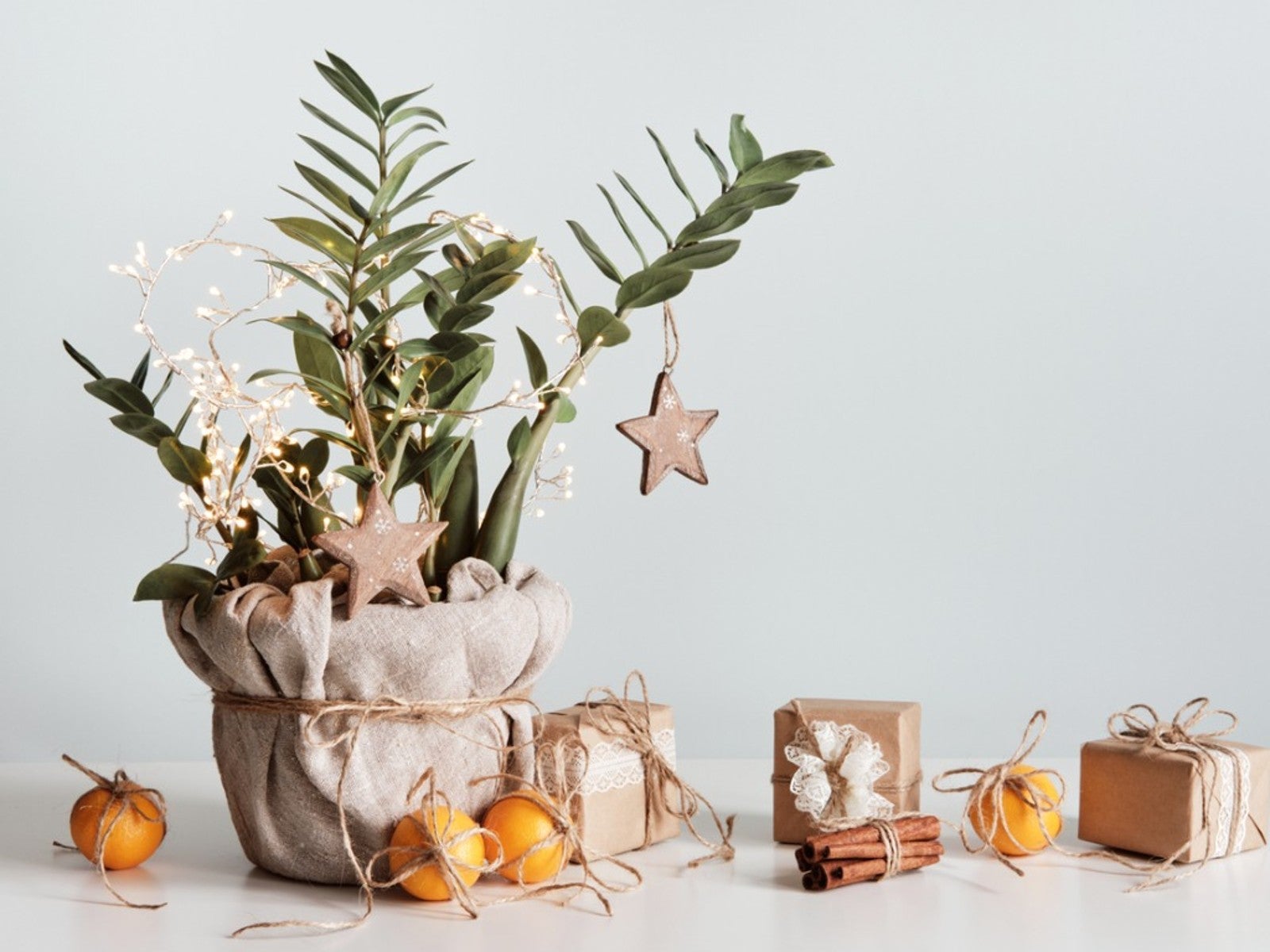 Best Christmas Houseplants And Plants For Winter Holidays
Best Christmas Houseplants And Plants For Winter HolidaysClick here for an idea of the best houseplants to use for holiday décor for Christmas, Hanukkah, Kwanzaa, and New Year’s.
By Laura Miller
-
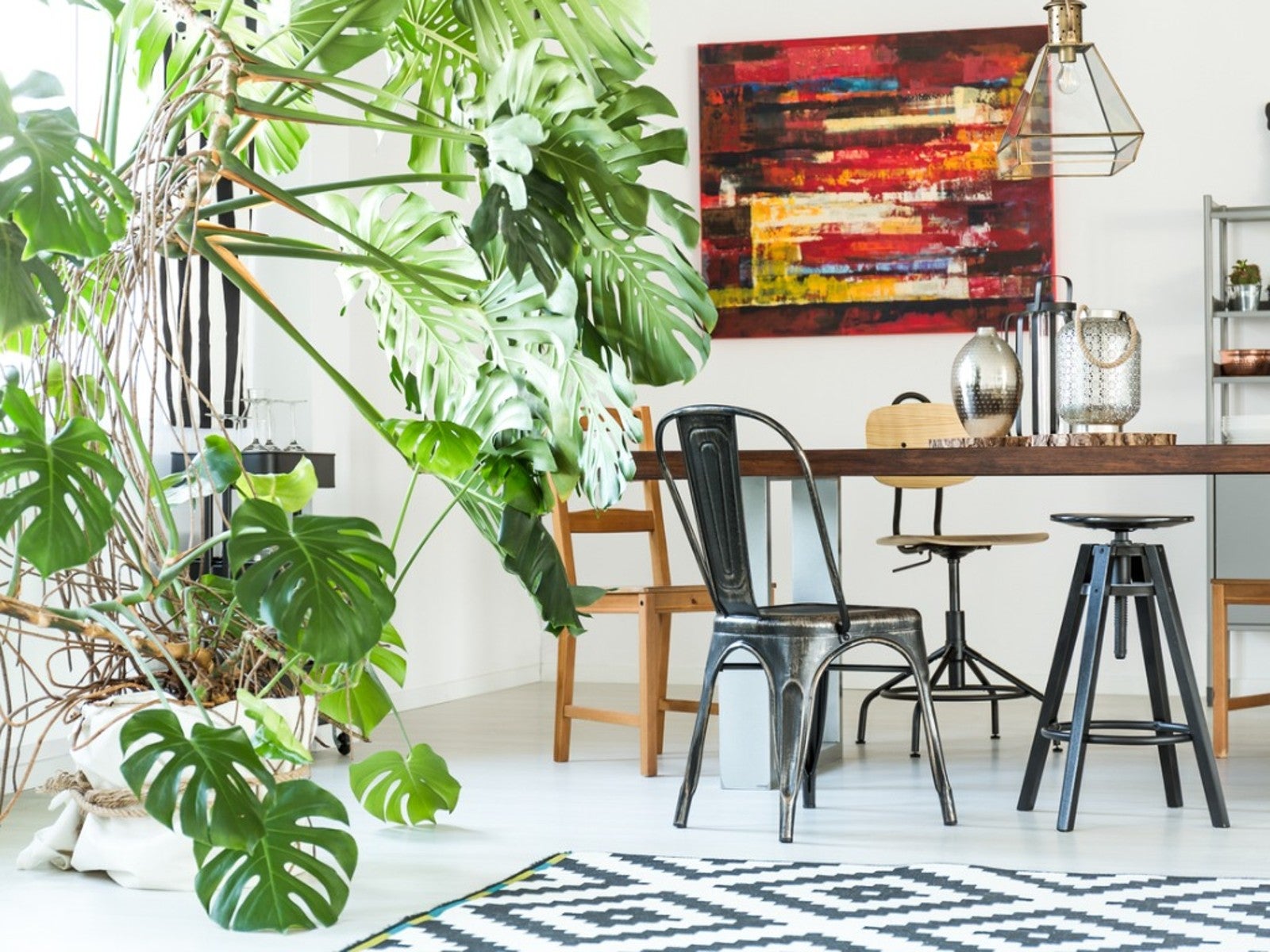 Best Big Houseplants To Create An Indoor Oasis
Best Big Houseplants To Create An Indoor OasisIf you have the space you may want to grow some large houseplants. Here are some ideas.
By Mary Ellen Ellis
-
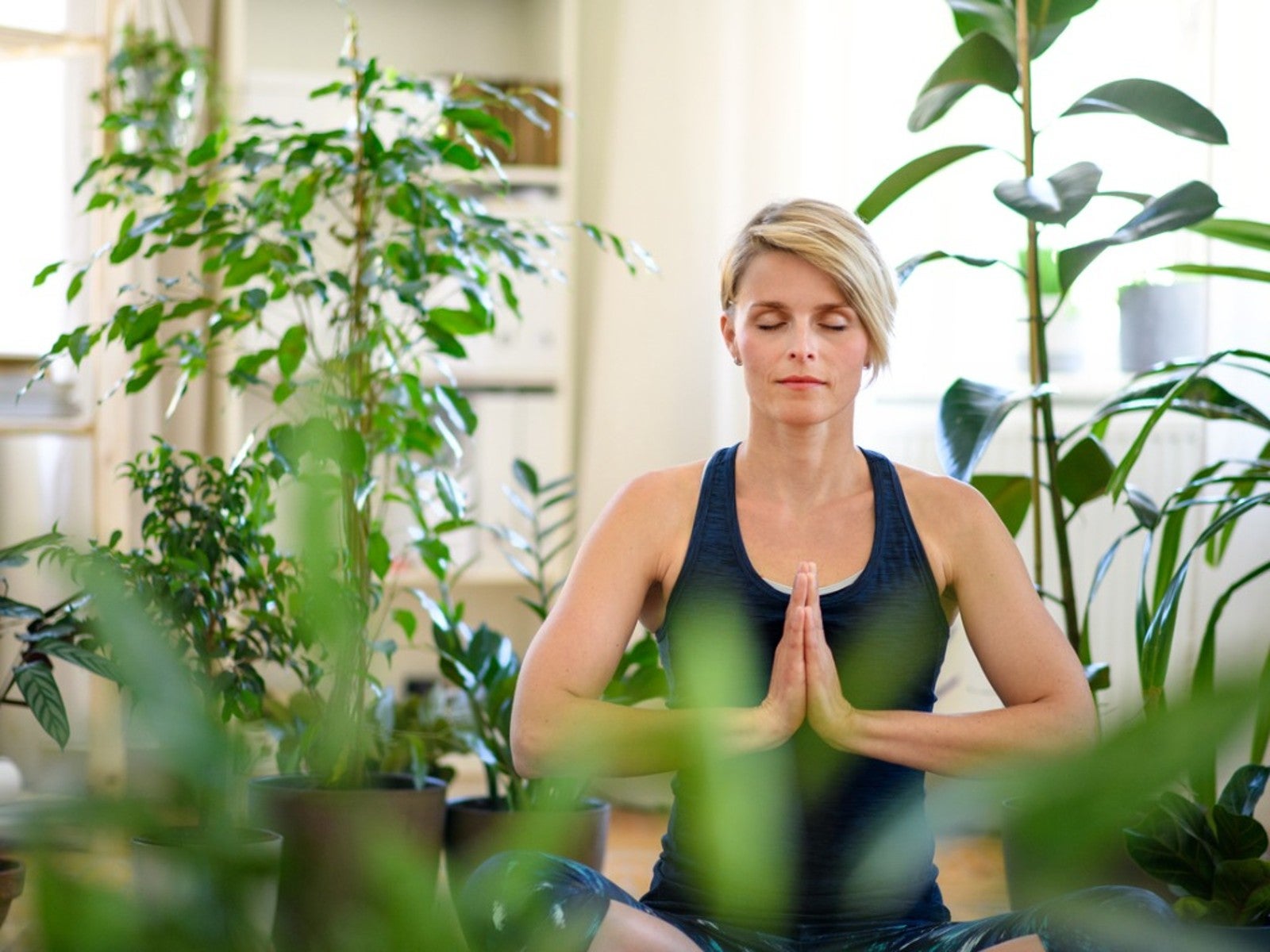 Relaxing Plants To Grow Indoors For A Calmer Mind
Relaxing Plants To Grow Indoors For A Calmer MindAre there houseplants that can help you to relax? Click here to find out.
By Laura Miller